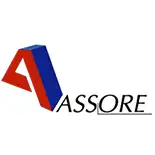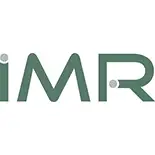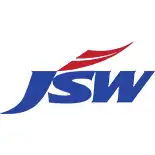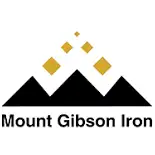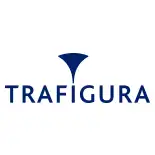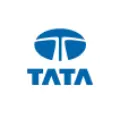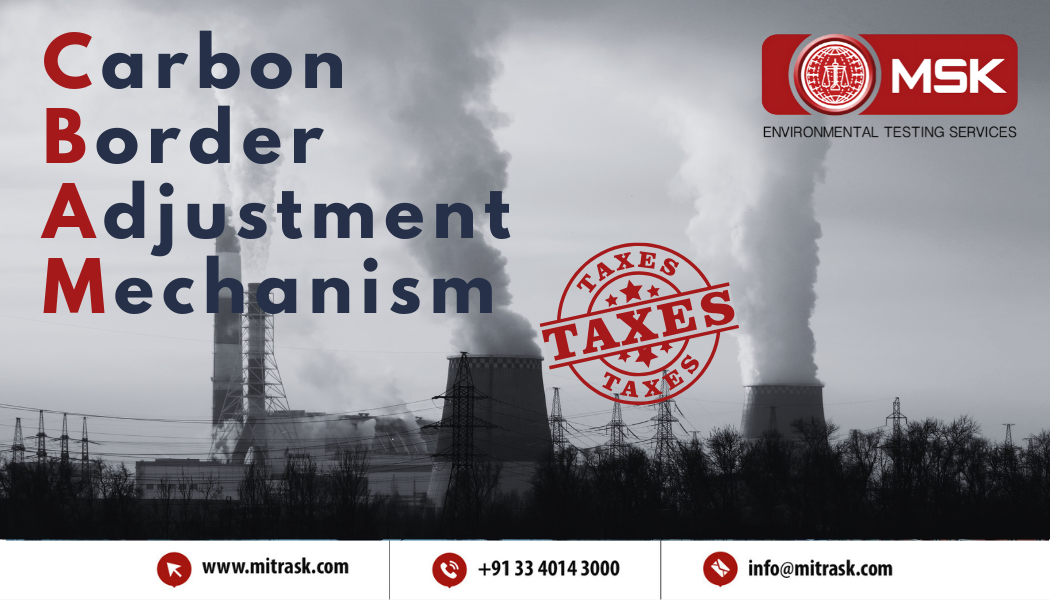
A seismic shift is underway in global trade, and it’s spelled CBAM. The European Union's Carbon Border Adjustment Mechanism is no longer a distant concept; it's a present-day reality that's fundamentally changing the rules of international commerce. For businesses outside the EU, especially in manufacturing and heavy industry, understanding CBAM isn't just important—it's critical for survival.
This isn't just another piece of environmental legislation. It's a new economic paradigm that places a price on carbon at the border. Let's break down what CBAM is, how it will impact industries, and why the Testing, Inspection, and Certification (TIC) sector has suddenly become one of the most important players in this new game.
In simple terms, the Carbon Border Adjustment Mechanism (CBAM) is a tariff or tax imposed on certain goods imported into the EU. The tax is based on the amount of greenhouse gas emissions—the "embedded carbon"—generated during the production of those goods.
Think of it as a way to level the playing field. For years, EU-based companies have had to pay for their carbon emissions under the EU's Emissions Trading System (ETS). This increased their costs, potentially making them less competitive against imports from countries with less stringent environmental regulations. This phenomenon is known as "carbon leakage," where companies move their production to countries with weaker climate policies to save money.
CBAM is the EU's solution. It ensures that whether a product is made in the EU or outside it, the same carbon price applies. The goal is twofold:
Prevent carbon leakage and protect EU industries.
Encourage non-EU countries and their industries to decarbonize and adopt greener technologies.
Initially, CBAM targets sectors with a high risk of carbon leakage:
• Iron and Steel
• Aluminum
• Cement
• Fertilizers
• Electricity
• Hydrogen
The impact of this policy extends far beyond the EU's borders. For any business exporting the targeted goods to Europe, the landscape has fundamentally changed.
The most immediate impact is financial. Exporters will need to buy "CBAM certificates" to cover the embedded emissions of their products. This directly increases the cost of goods sold in the EU, potentially shrinking profit margins or making products less competitive. Beyond the direct cost, the administrative burden of calculating, reporting, and verifying emissions is significant.
Gone are the days of opaque supply chains. To comply with CBAM, companies must have a granular understanding of their entire production process—from the raw materials sourced by their suppliers to their own factory's energy consumption. You can't report what you can't measure. This demands a new level of data collection and management that many companies are unprepared for.
CBAM acts as a powerful global incentive. Businesses that invest in cleaner energy, more efficient processes, and sustainable technologies will have a significant competitive advantage. Their lower embedded emissions mean a lower CBAM tax, making their products more attractive in the EU market. This government-led norm is forcing a global race towards green innovation.
How can an EU customs officer trust that the emissions data from a factory thousands of miles away is accurate? They can't. And that's precisely where the Testing, Inspection, and Certification (TIC) industry steps in. The entire CBAM system hinges on one word: Verification.
The TIC sector is the bedrock of trust in this new carbon-conscious economy. Their role is multi-faceted and indispensable.
Testing: TIC companies provide the scientific muscle. They will be responsible for conducting on-site measurements, analyzing materials, and using sophisticated equipment to accurately quantify the greenhouse gas emissions at every stage of production.
Inspection & Auditing: Think of TIC professionals as "carbon auditors." They will inspect production facilities and audit operational data to ensure that the reported emissions figures are accurate, transparent, and comply with EU standards. They verify that the processes claimed are the processes being used.
Certification: This is the final, crucial step. After rigorous testing and inspection, a TIC body will issue a certificate verifying a product's embedded carbon footprint. This certificate is the official proof that importers need to present to EU authorities. Without this trusted, third-party validation, goods could be held at the border or face severe penalties.
In essence, the TIC industry provides the credibility that makes CBAM workable. They are the independent referees ensuring a fair and transparent system for all players, building a bridge of trust between global exporters and EU regulators. For businesses, partnering with a reliable TIC provider is no longer a choice; it's a core part of their export strategy.
CBAM is already in its transitional phase (which began in October 2023), where importers are required to report emissions without paying a financial levy. The full financial implementation is set for 2026. The clock is ticking.
Map Your Carbon Footprint: Immediately begin the process of calculating the embedded emissions in your products. This means looking at your entire value chain.
Engage a TIC Partner: Don't wait. Start conversations with accredited TIC companies to understand the verification process, data requirements, and how to prepare your facilities for inspection.
Invest in Green Tech: Use this as an opportunity. Investing in energy efficiency and renewable sources now will pay dividends by lowering your future CBAM liabilities and making you more competitive globally.
Stay Informed on Government Norms: Keep a close eye on both EU regulations and your own government's response. Many countries are considering implementing their own carbon pricing systems, which could affect how CBAM is applied to their exports.
CBAM is more than a tax; it's a clear signal of the future of trade—a future that is sustainable, transparent, and accountable. Businesses that adapt will thrive, while those that don't risk being left behind. The journey starts with data, but it is paved with trust—trust that only the TIC sector can provide.

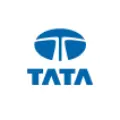
Chief Operation, FAMD, Tata Steel Limited..

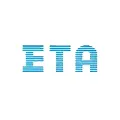
Sr. General Manager,, Emirates Trading Agency L.L.C..


Mines Manager, Hindustan Zinc Limited, a Vedanta Company.

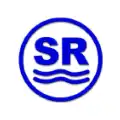
General Manager, Stevin Rock L.L.C..

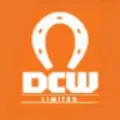
Executive Vice President (Works),, DCW Limited.

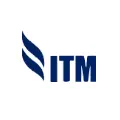
AVP – Coal Quality & Sales Compliance Head,, PT Indo Tambangraya Megah Tbk (BANPU).

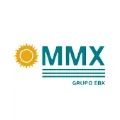
Laboratory Head, MMX.

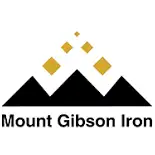
Shipping Administrator, Mount Gibson Iron Limited.

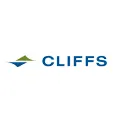
Senior Director – Asia Pacific Iron Ore Sales,, Cliffs Natural Resources Pty Ltd..

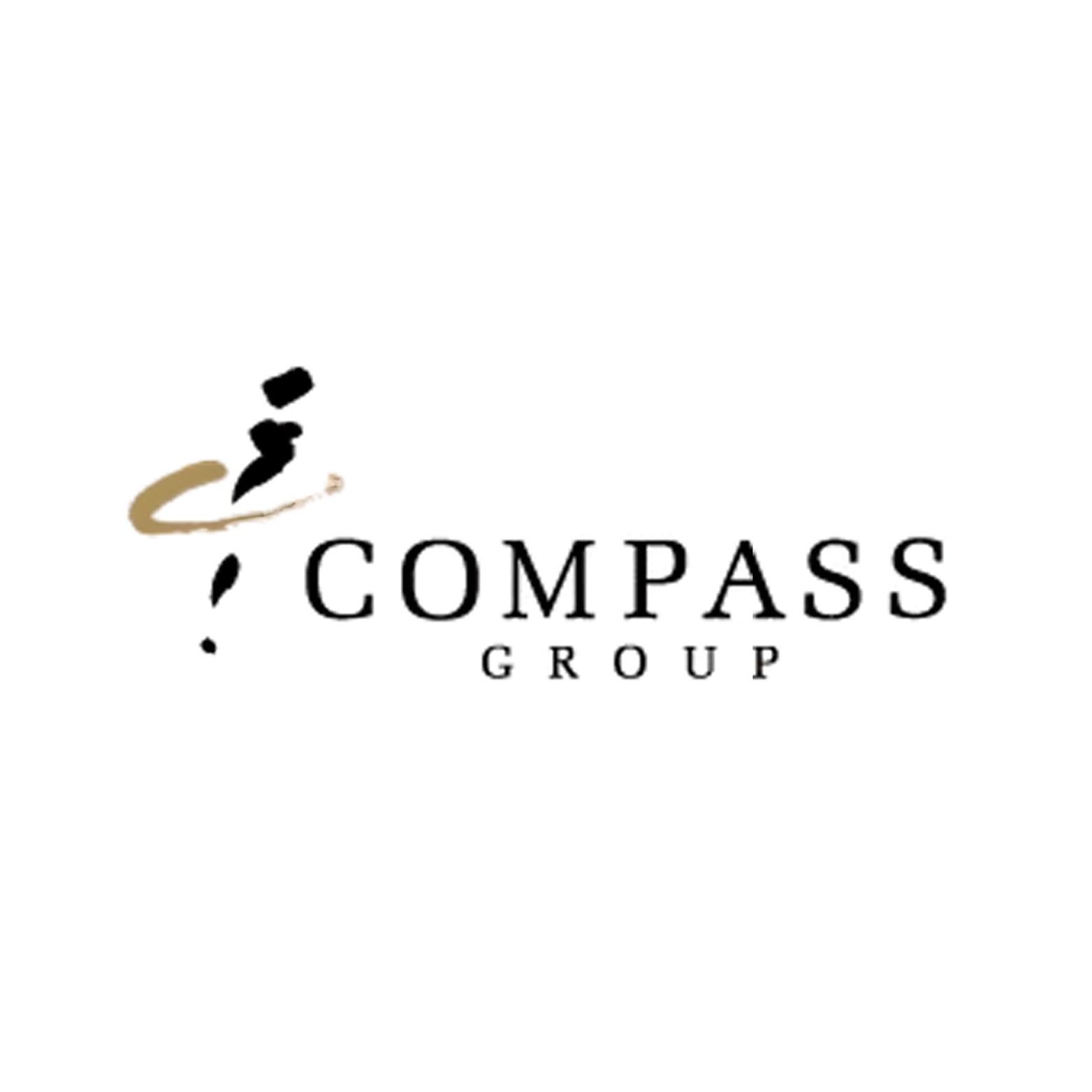
Member, Compass Group (India) Pvt. Ltd.

Posted on January 16 2026 By Mitra S.K ADMIN
Read More
Posted on January 16 2026 By Mitra S.K ADMIN

Posted on January 16 2026 By Mitra S.K ADMIN

Posted on January 16 2026 By Mitra S.K ADMIN

Posted on January 16 2026 By Mitra S.K ADMIN
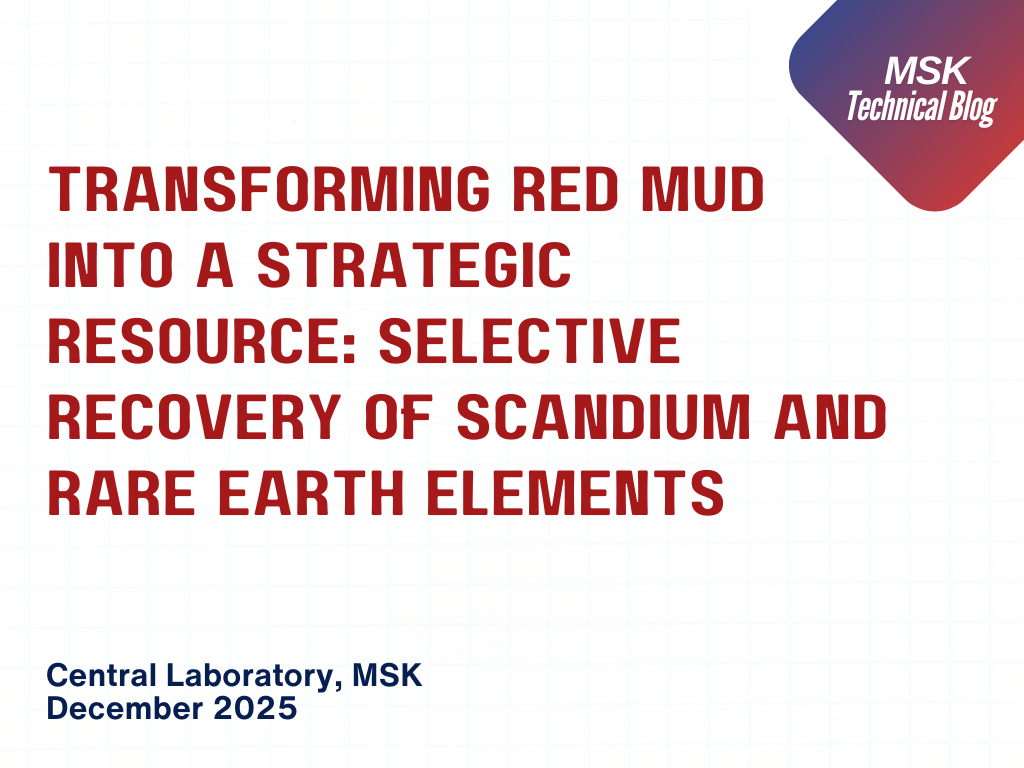
Posted on December 16 2025 By Mitra S.K ADMIN
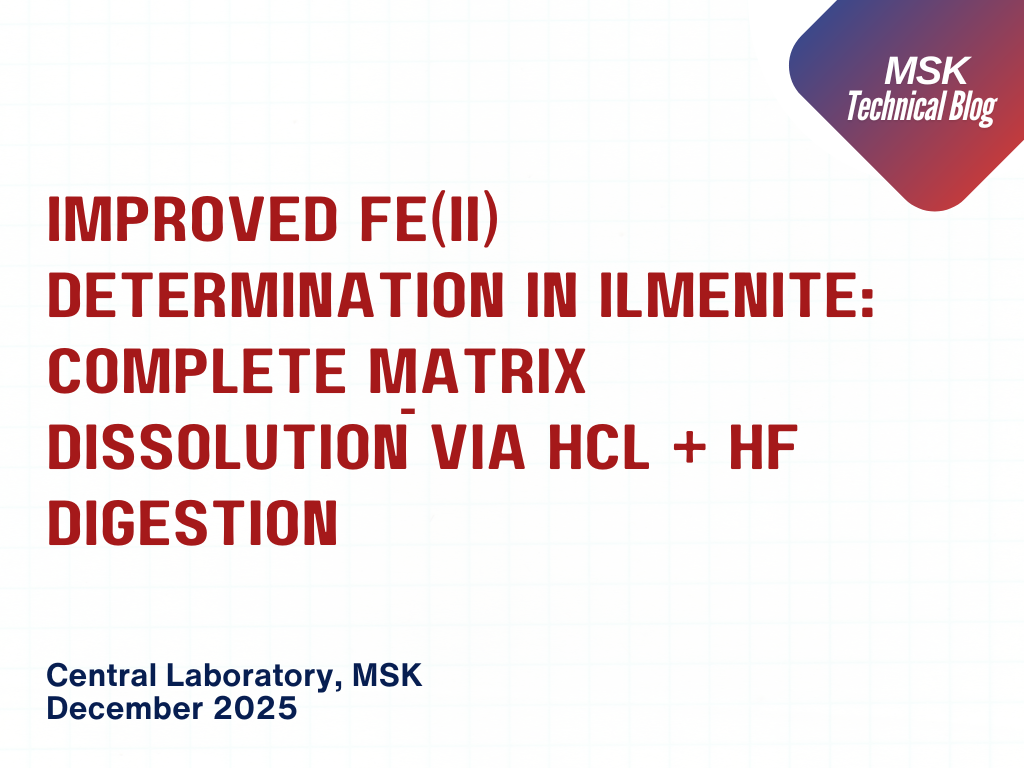
Posted on December 16 2025 By Mitra S.K ADMIN
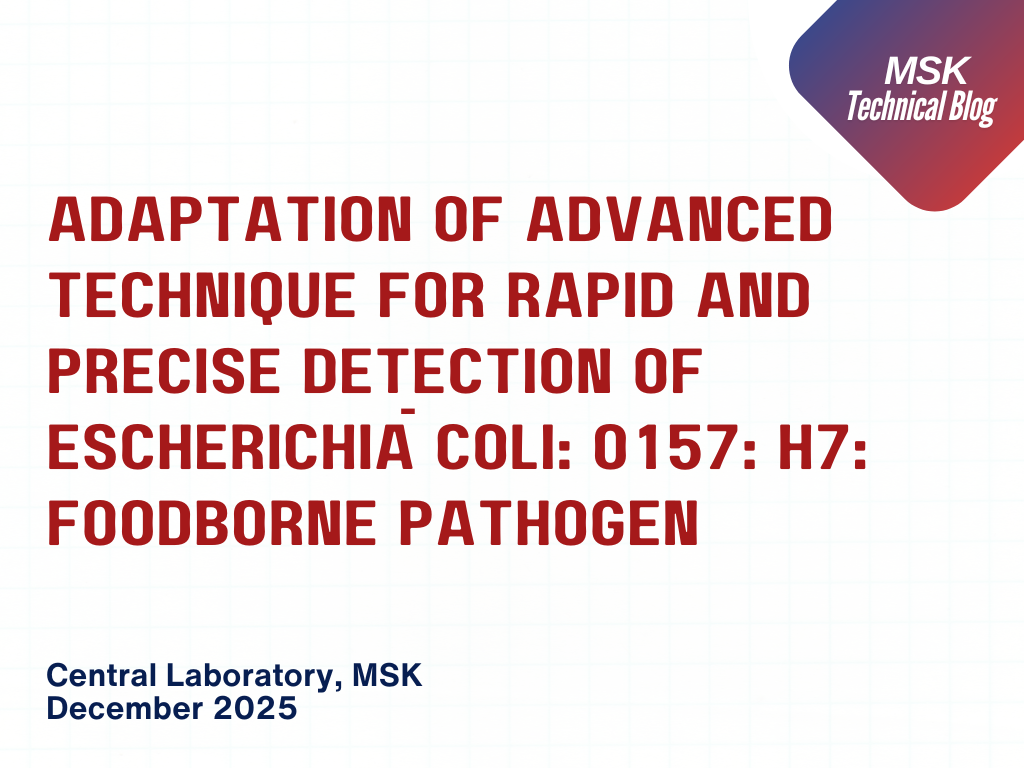
Posted on December 16 2025 By Mitra S.K ADMIN

Posted on December 11 2025 By Mitra S.K ADMIN
![Estimating Cobalt by UV-Vis Spectroscopy: The [CoCl?]²? Acetone Method](https://mitrask.com/uploads/blogs/1764834098Estimating%20Cobalt.png)
Posted on December 04 2025 By Mitra S.K ADMIN
Posted on December 04 2025 By Mitra S.K ADMIN
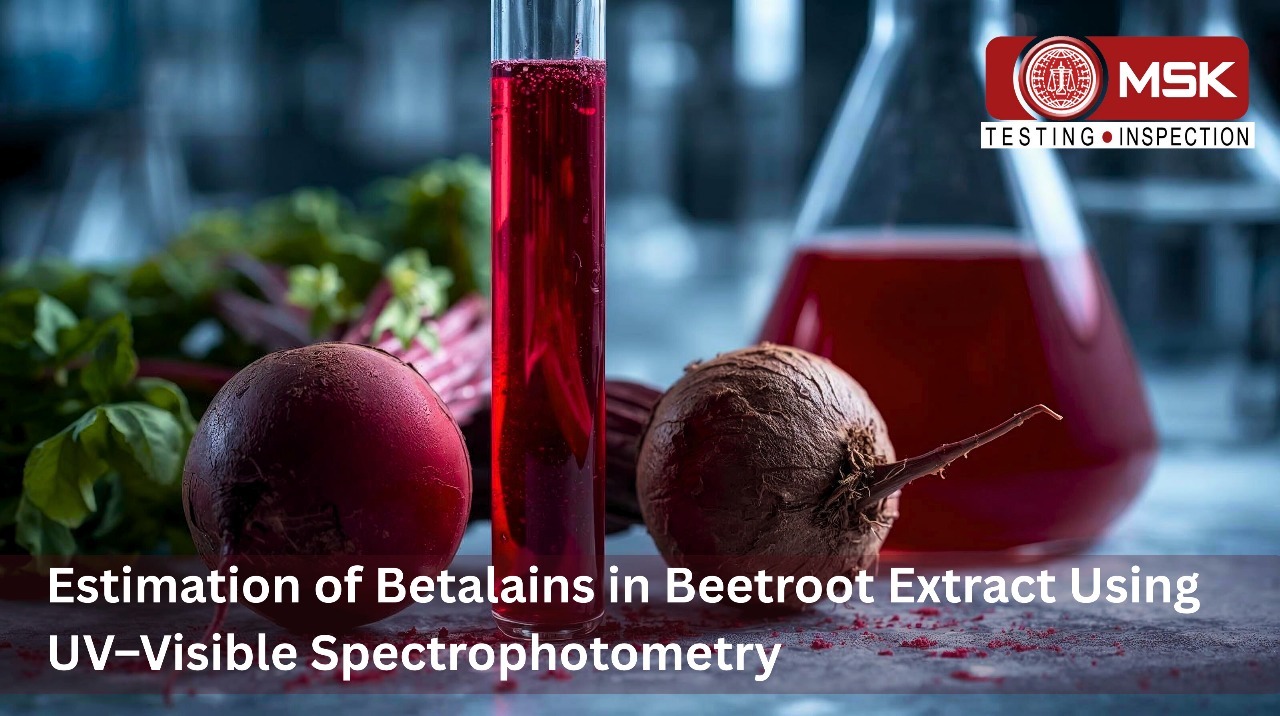
Posted on November 12 2025 By Mitra S.K ADMIN

Posted on September 23 2025 By Mitra S.K ADMIN
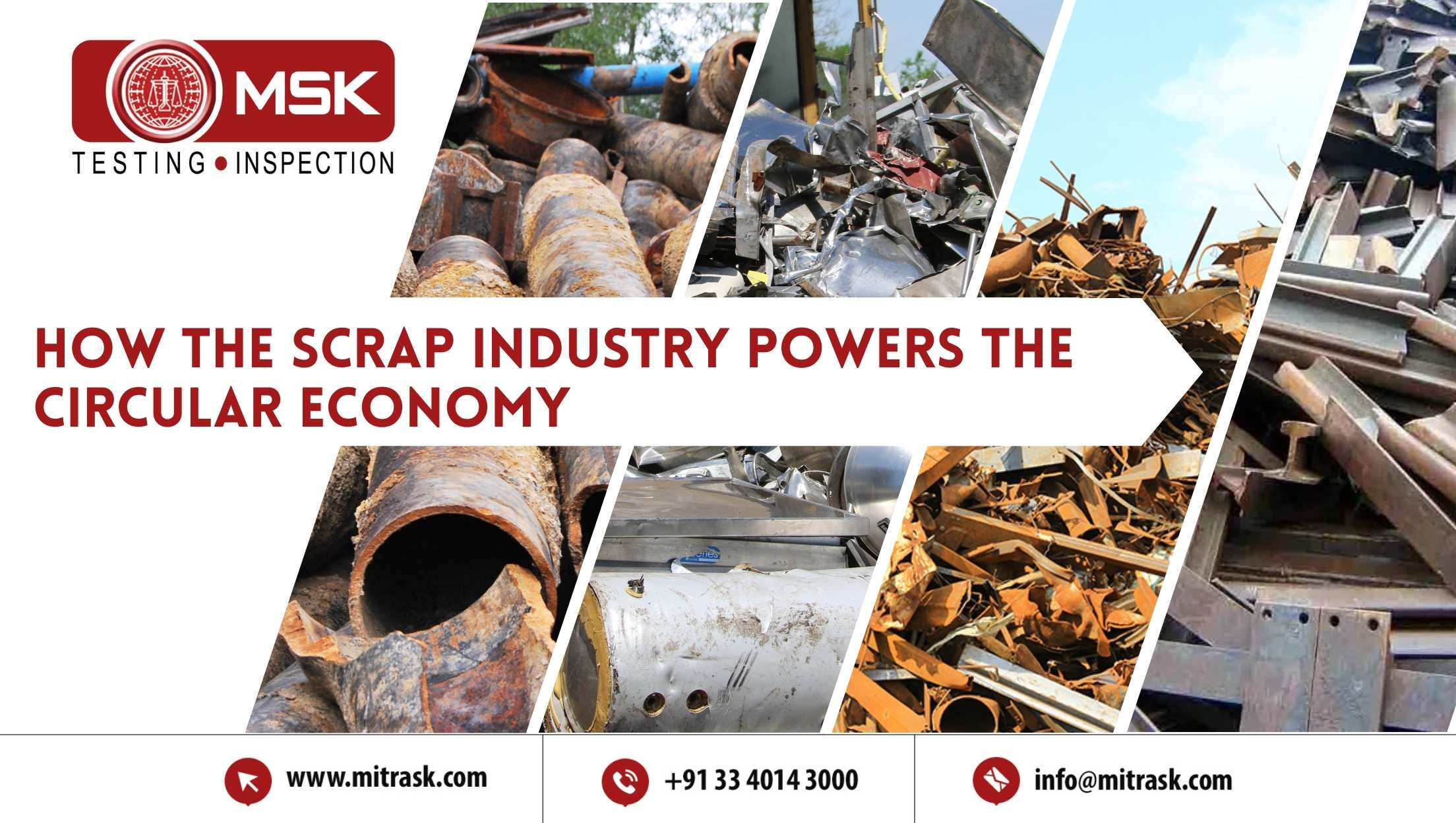
Posted on August 01 2025 By Mitra S.K ADMIN
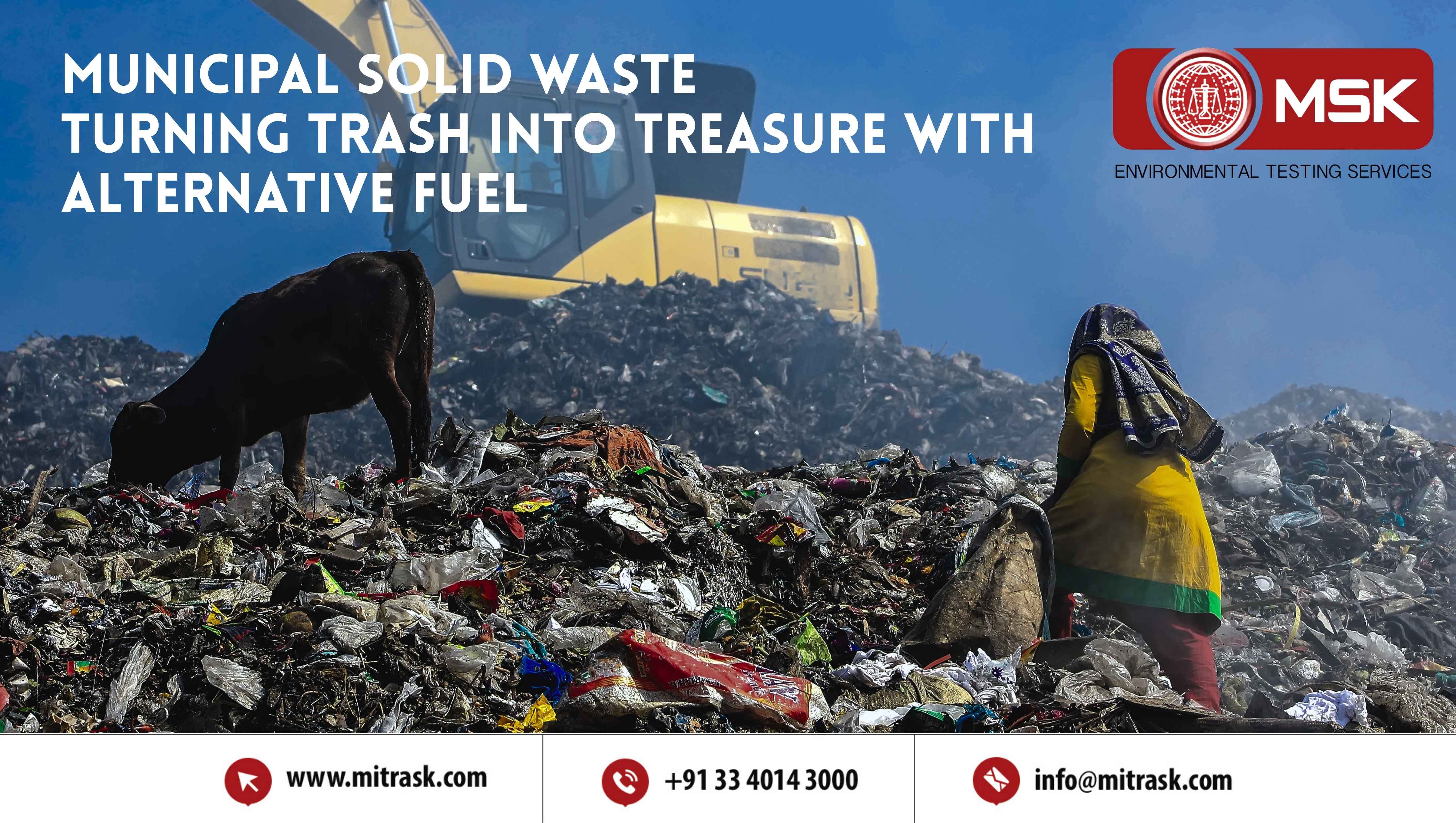
Posted on July 25 2025 By Mitra S.K ADMIN

Posted on July 18 2025 By Mitra S.K ADMIN

Posted on July 01 2025 By Mitra S.K ADMIN

Posted on May 22 2025 By Mitra S.K ADMIN

Posted on January 24 2025 By Mitra S.K ADMIN

Posted on January 24 2025 By Mitra S.K ADMIN
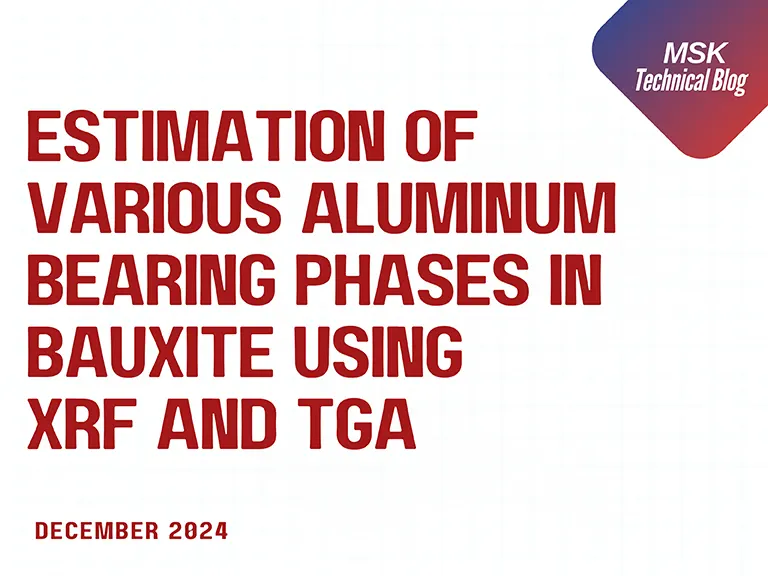
Posted on December 31 2024 By Mitra S.K ADMIN
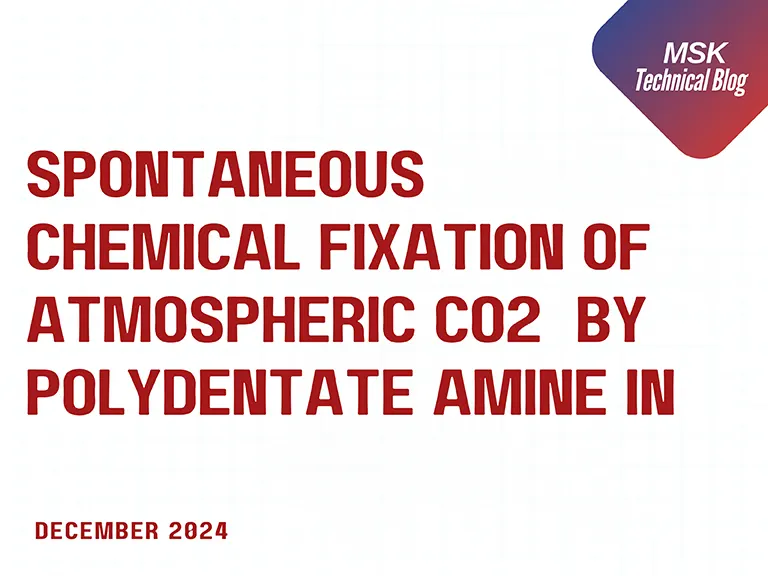
Posted on December 31 2024 By Mitra S.K ADMIN
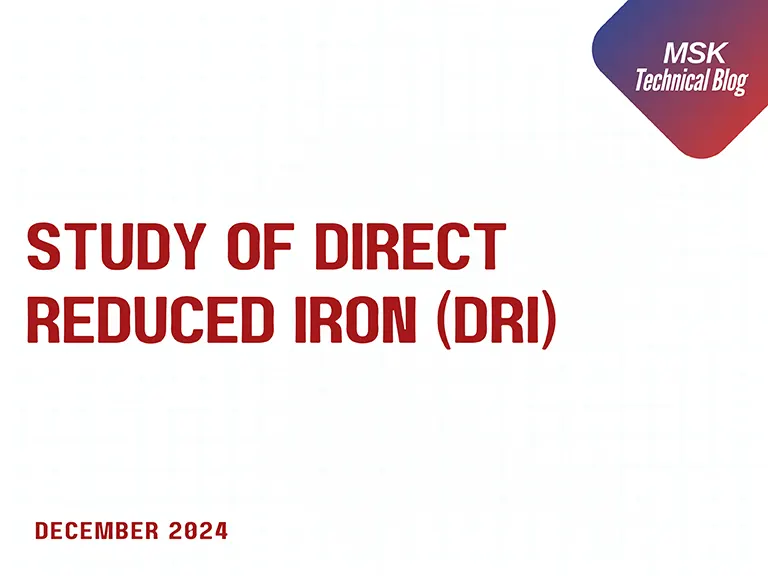
Posted on December 31 2024 By Mitra S.K ADMIN
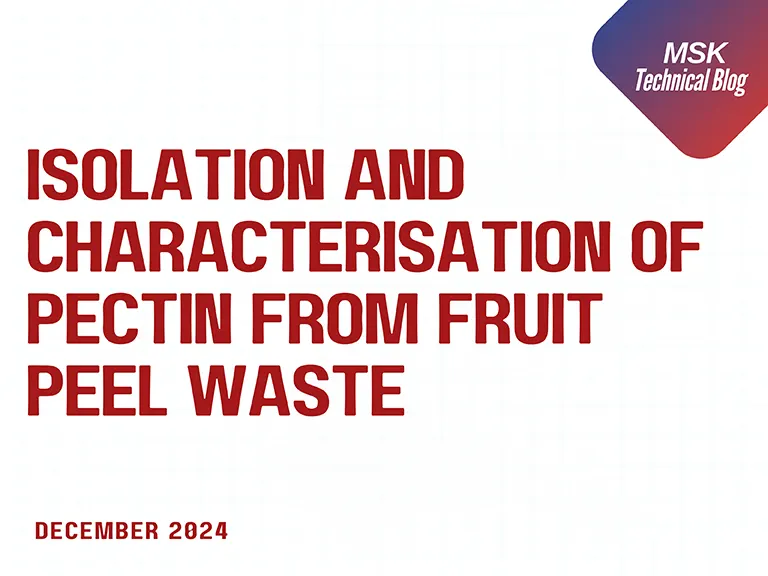
Posted on December 31 2024 By Mitra S.K ADMIN
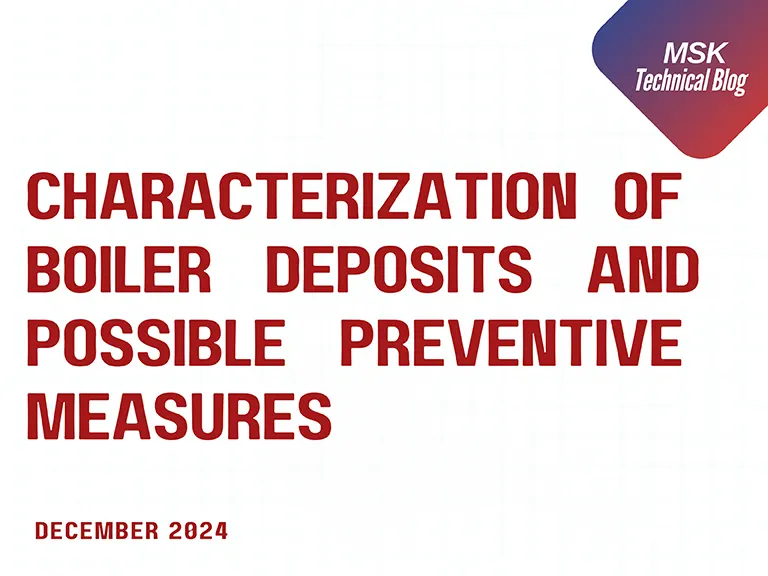
Posted on December 31 2024 By Mitra S.K ADMIN
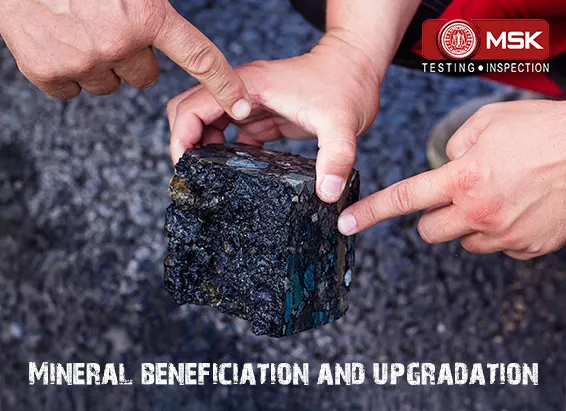
Posted on December 03 2024 By Mitra S.K ADMIN
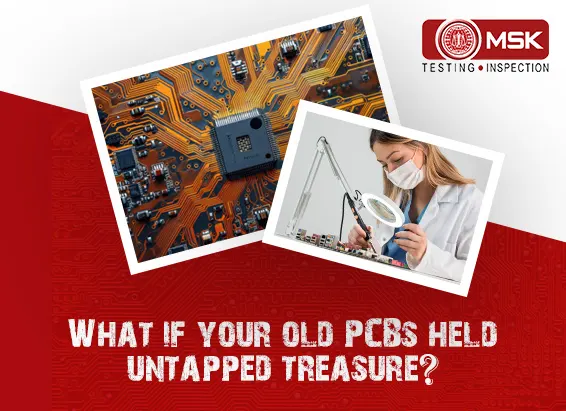
Posted on October 17 2024 By Mitra S.K ADMIN
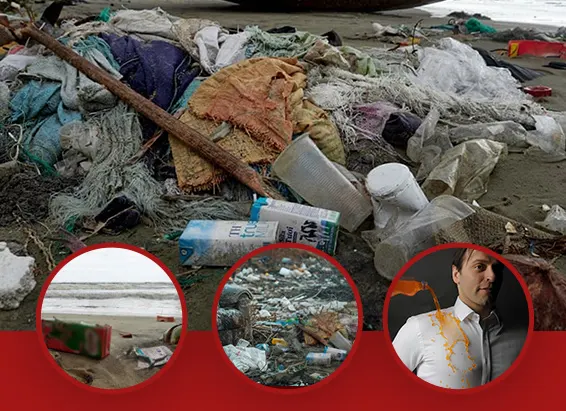
Posted on October 04 2024 By Mitra S.K ADMIN
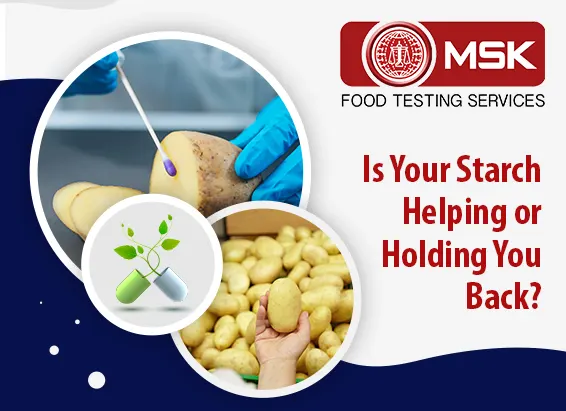
Posted on September 13 2024 By Mitra S.K ADMIN
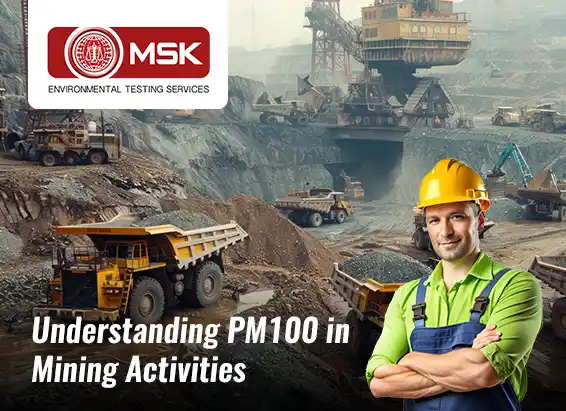
Posted on August 27 2024 By Mitra S.K ADMIN
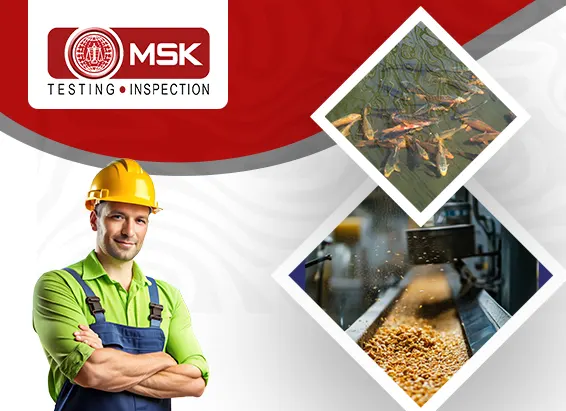
Posted on August 23 2024 By Mitra S.K ADMIN
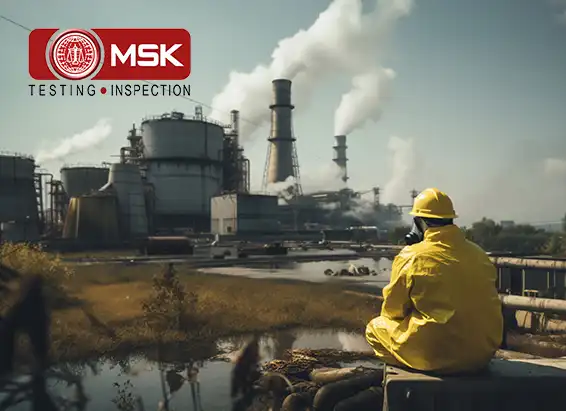
Posted on June 27 2024 By Mitra S.K ADMIN
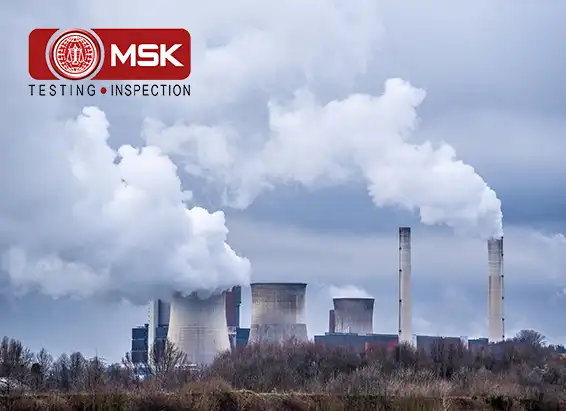
Posted on June 22 2024 By Mitra S.K ADMIN
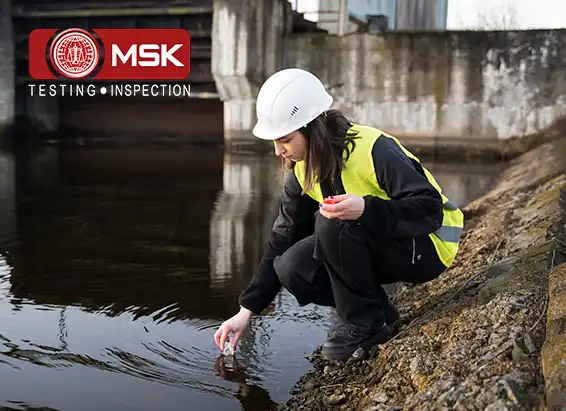
Posted on June 15 2024 By Mitra S.K ADMIN
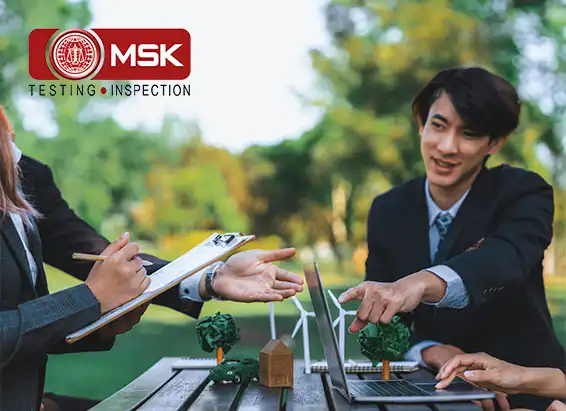
Posted on May 24 2024 By Mitra S.K ADMIN
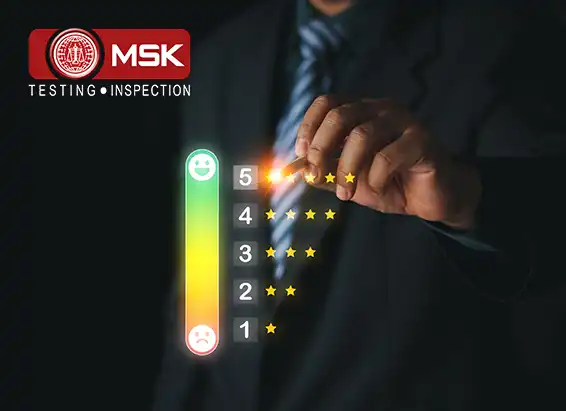
Posted on May 17 2024 By Mitra S.K ADMIN
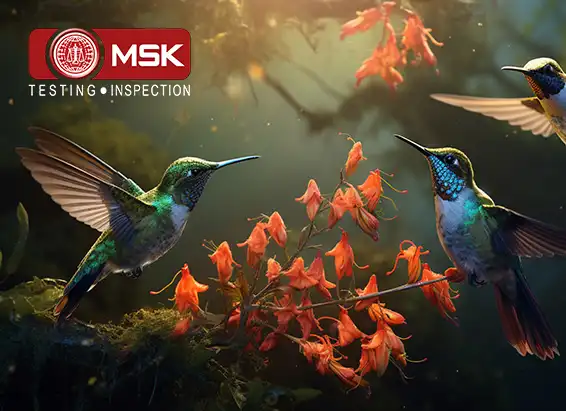
Posted on May 09 2024 By Mitra S.K ADMIN
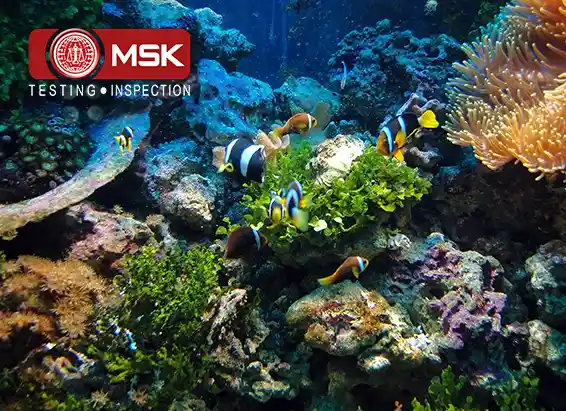
Posted on April 20 2024 By Mitra S.K ADMIN
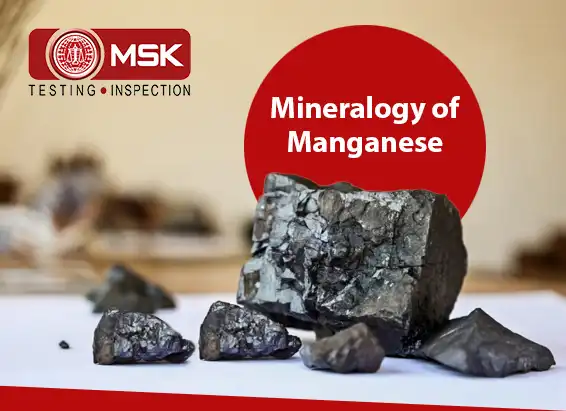
Posted on April 13 2024 By Mitra S.K ADMIN
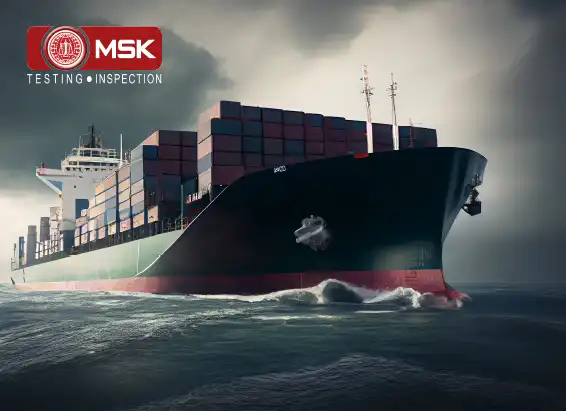
Posted on April 30 2024 By Mitra S.K ADMIN

Posted on April 29 2024 By Mitra S.K ADMIN
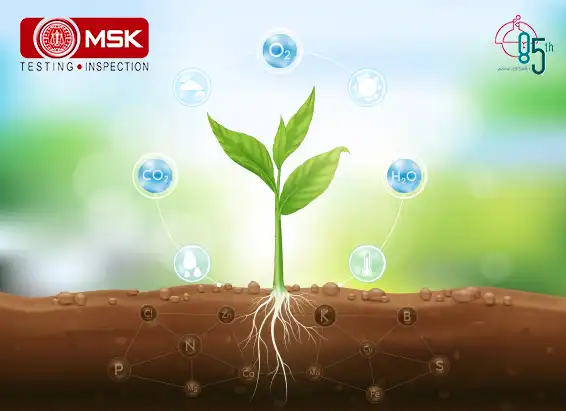
Posted on December 30 2023 By Mitra S.K ADMIN
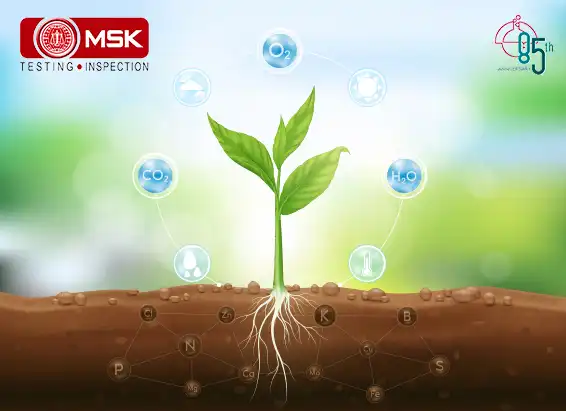
Posted on December 30 2023 By Mitra S.K ADMIN
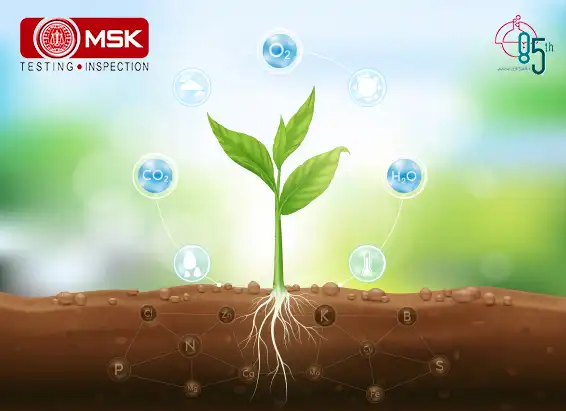
Posted on December 30 2023 By Mitra S.K ADMIN
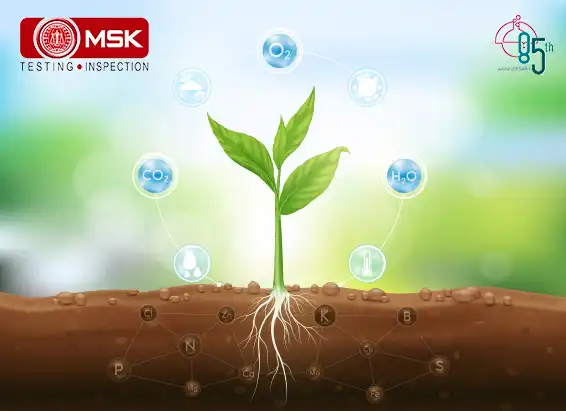
Posted on December 27 2023 By Mitra S.K ADMIN
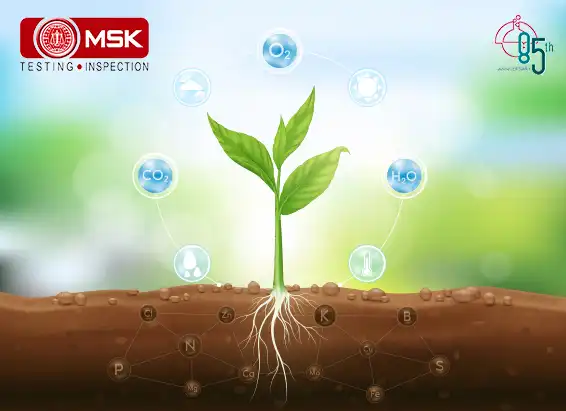
Posted on December 27 2023 By Mitra S.K ADMIN
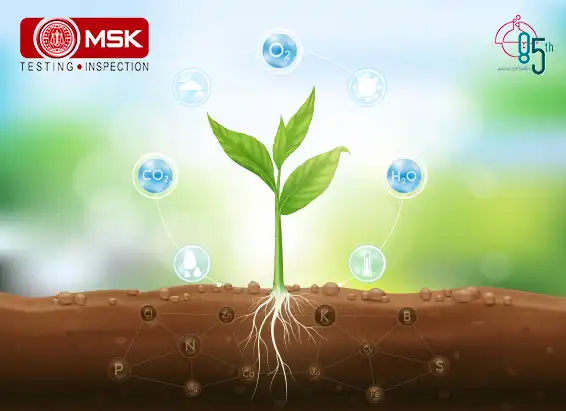
Posted on December 27 2023 By Mitra S.K ADMIN
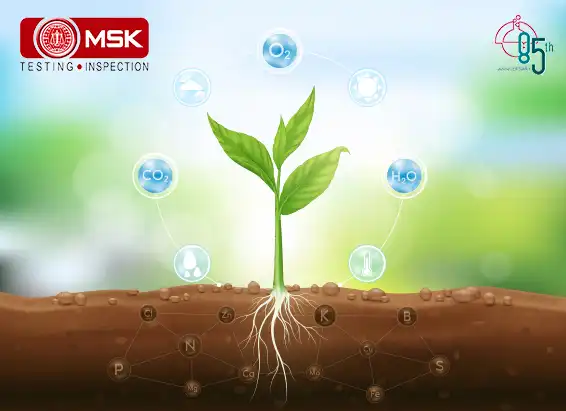
Posted on December 27 2023 By Mitra S.K ADMIN
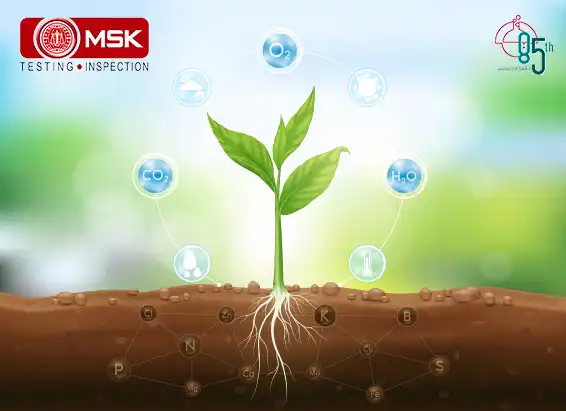
Posted on December 27 2023 By Mitra S.K ADMIN
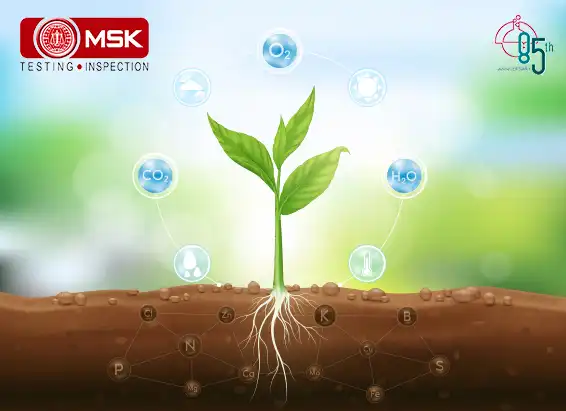
Posted on December 27 2023 By Mitra S.K ADMIN
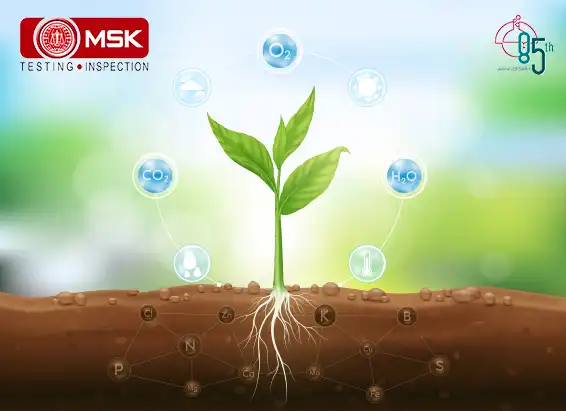
Posted on December 27 2023 By Mitra S.K ADMIN
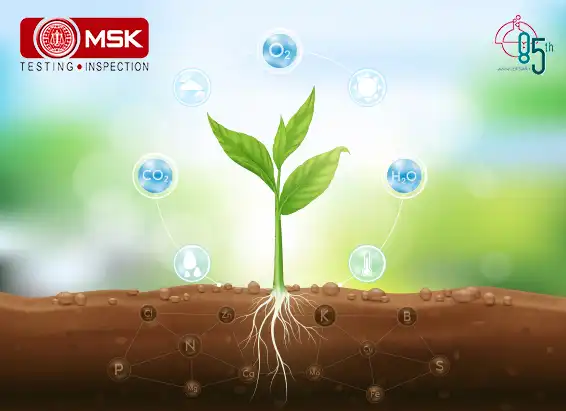
Posted on December 26 2023 By Mitra S.K ADMIN
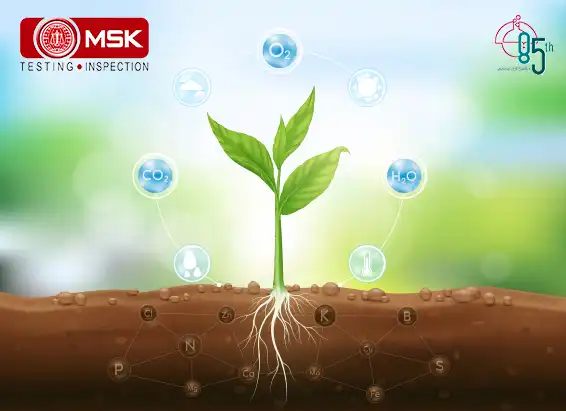
Posted on April 05 2022 By Mitra S.K ADMIN
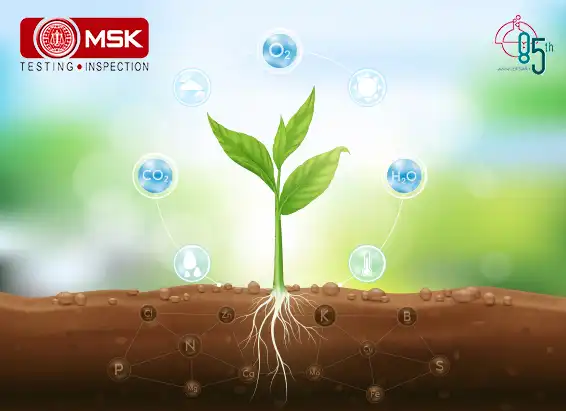
Posted on April 06 2022 By Mitra S.K ADMIN
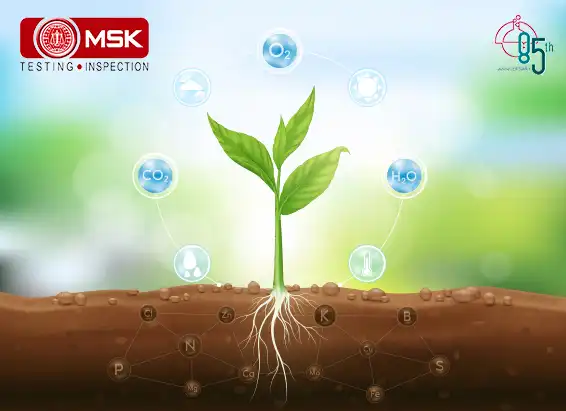
Posted on April 06 2022 By Mitra S.K ADMIN
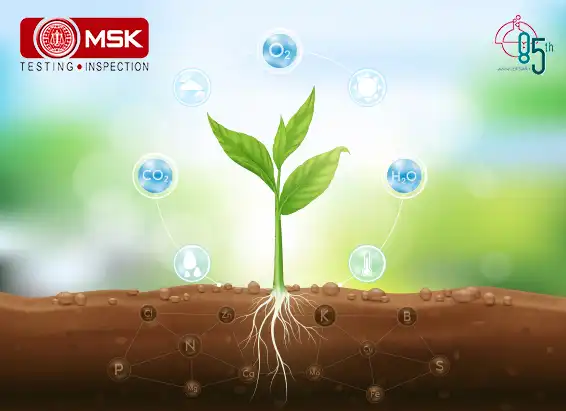
Posted on April 06 2022 By Mitra S.K ADMIN
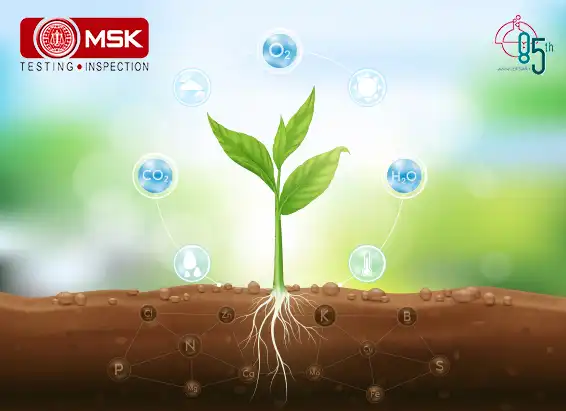
Posted on April 06 2022 By Mitra S.K ADMIN
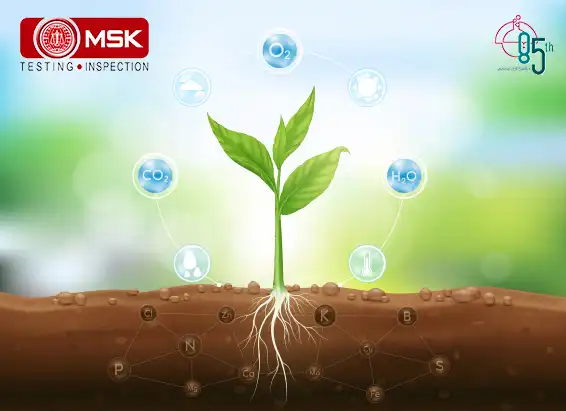
Posted on April 06 2022 By Mitra S.K ADMIN
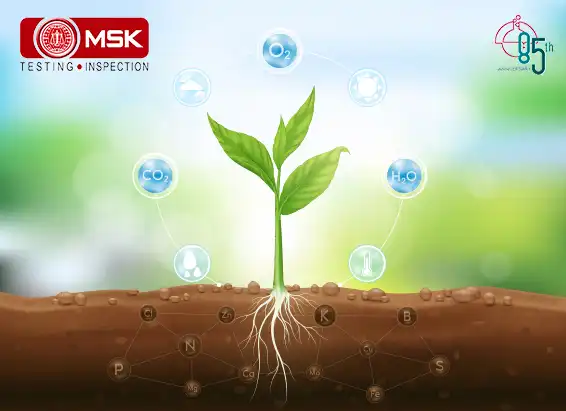
Posted on April 06 2022 By Mitra S.K ADMIN
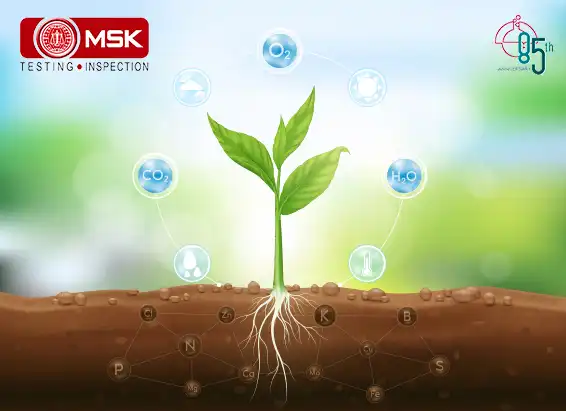
Posted on April 06 2022 By Mitra S.K ADMIN
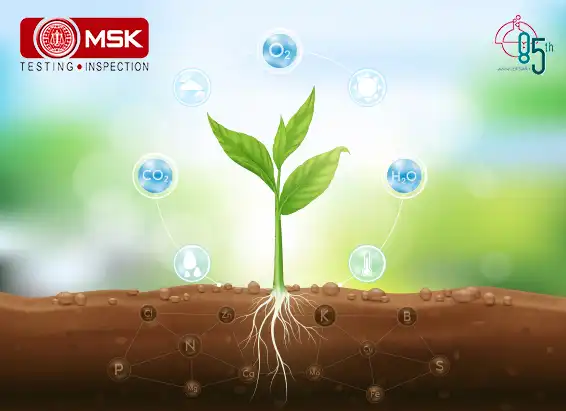
Posted on April 06 2022 By Mitra S.K ADMIN
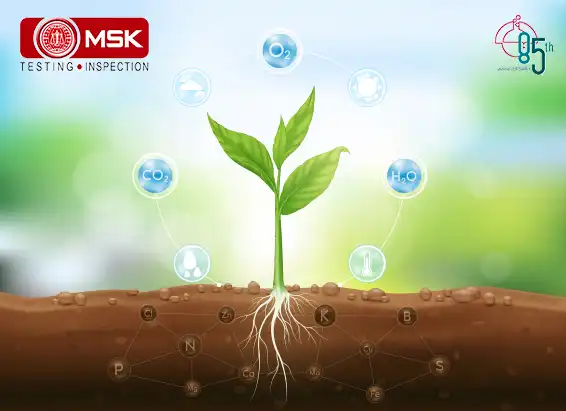
Posted on April 06 2022 By Mitra S.K ADMIN
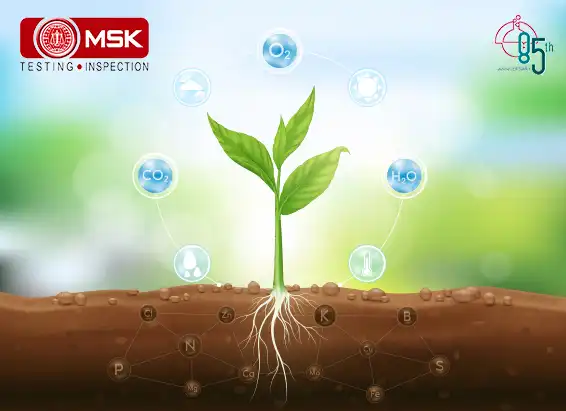
Posted on April 06 2022 By Mitra S.K ADMIN
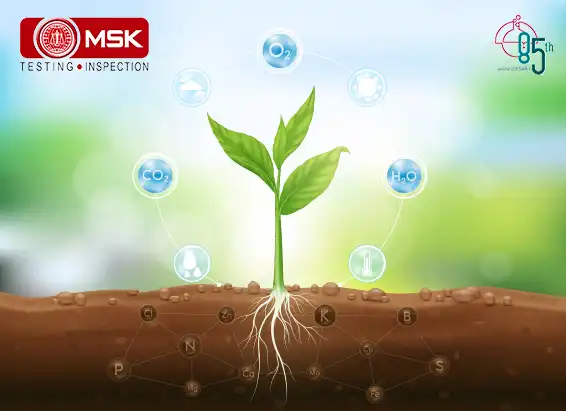
Posted on April 06 2022 By Mitra S.K ADMIN
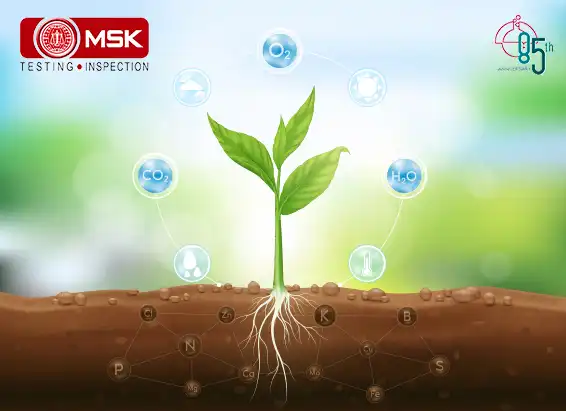
Posted on April 06 2022 By Mitra S.K ADMIN
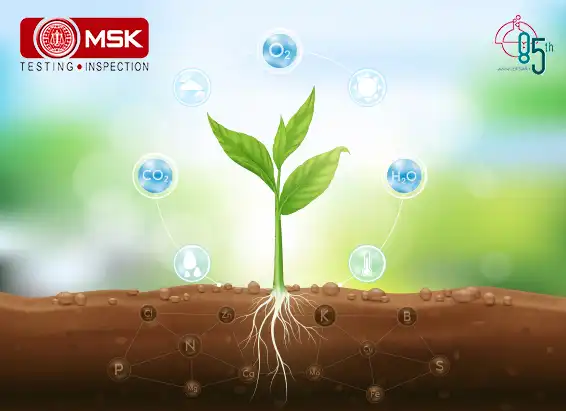
Posted on November 28 2022 By Mitra S.K ADMIN
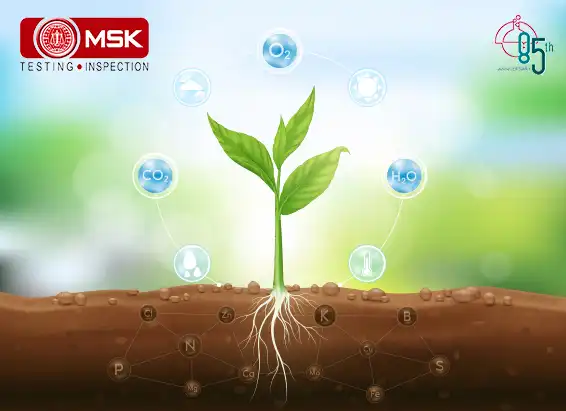
Posted on April 06 2022 By Mitra S.K ADMIN
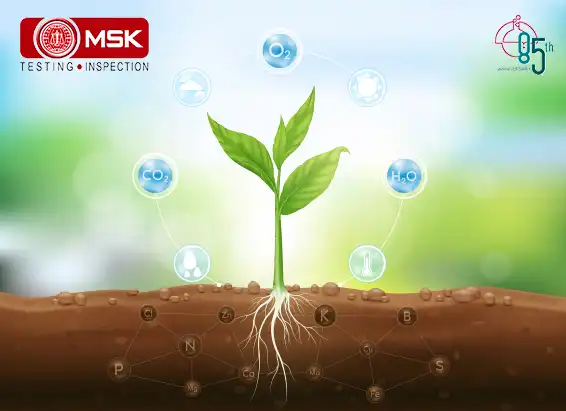
Posted on April 06 2022 By Mitra S.K ADMIN
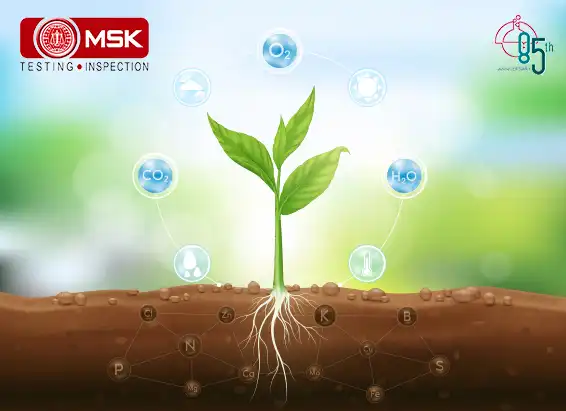
Posted on April 06 2022 By Mitra S.K ADMIN
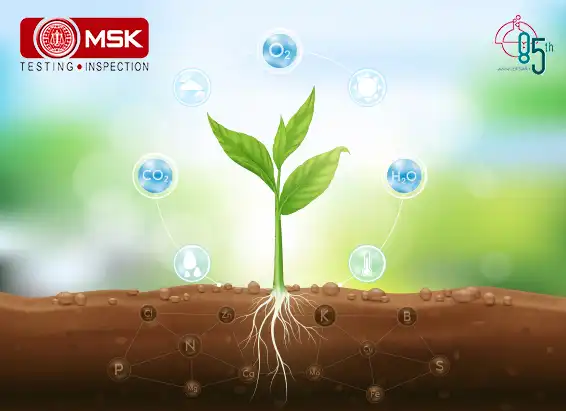
Posted on November 28 2022 By Mitra S.K ADMIN
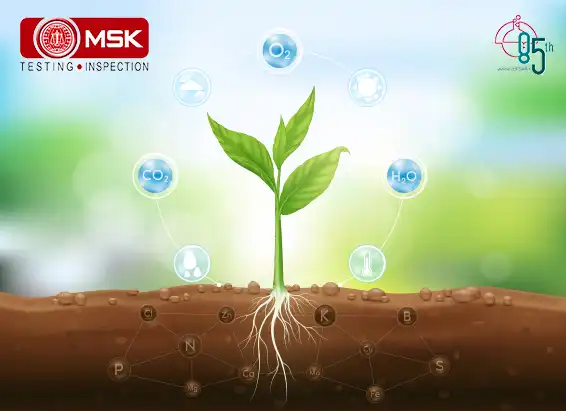
Posted on June 14 2022 By Mitra S.K ADMIN
